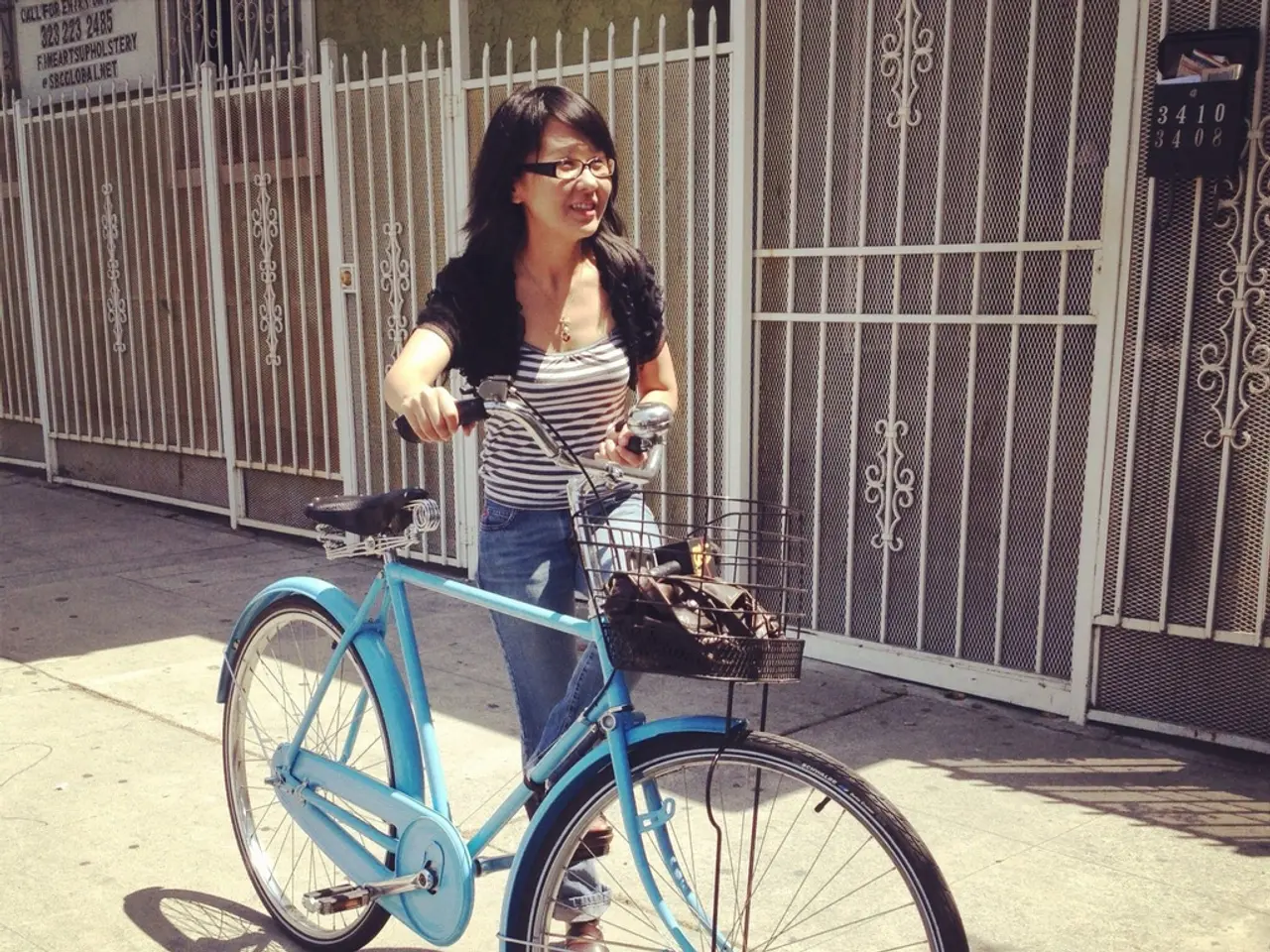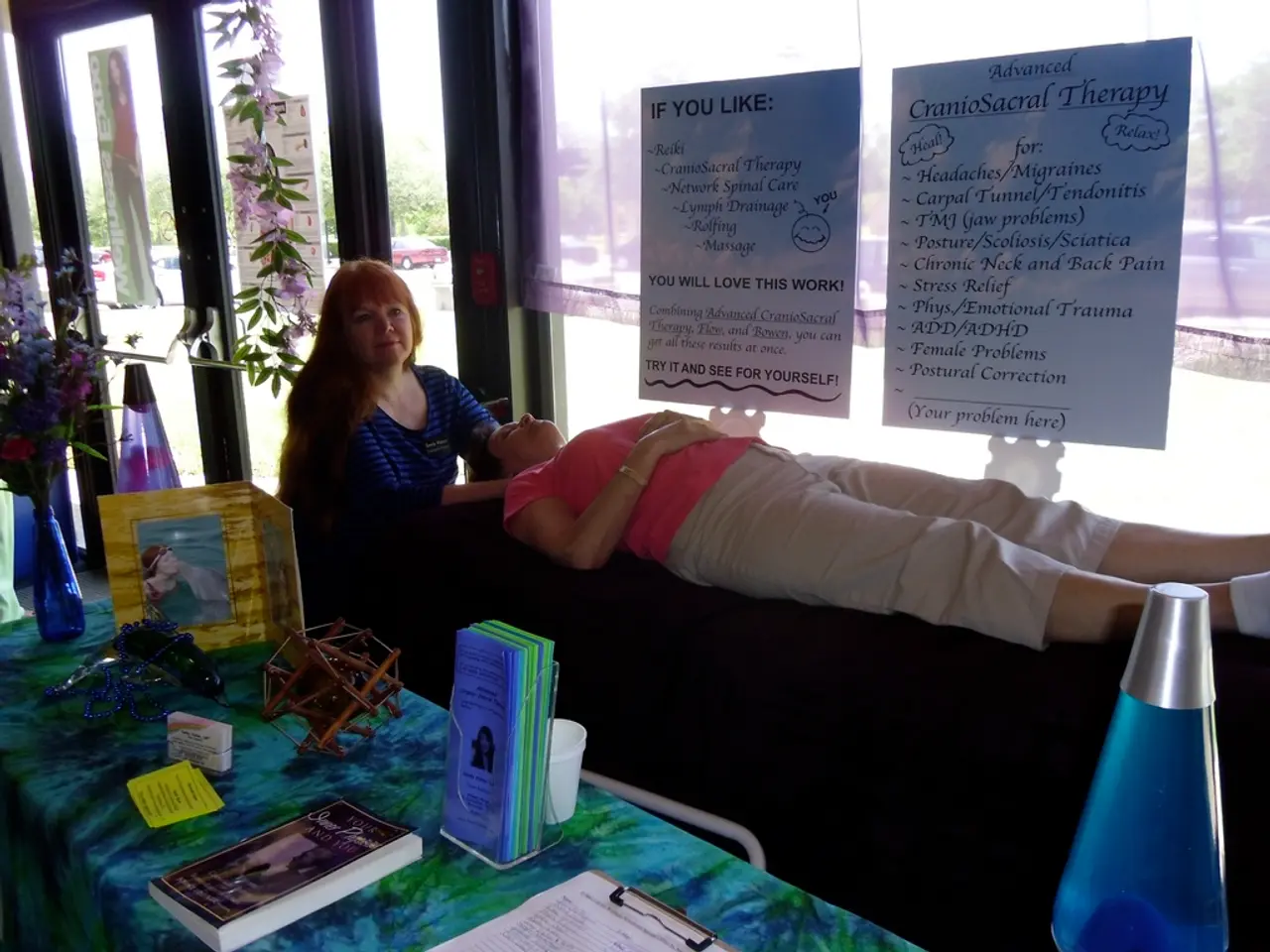Signs to Identify a Harmful Love Routine: Underlying Indicators to Keep an Eye On
In today's world, it's essential to educate ourselves about healthy relationships and to familiarize ourselves with the signs of toxicity. Toxic relationships can be harmful and detrimental to our emotional and physical well-being, but recognizing and addressing toxic factors is crucial for creating healthier and more fulfilling relationships.
Toxic relationships often involve a cycle of abuse and manipulation, consisting of tension-building, explosion, and honeymoon phases. Common factors that contribute to these toxic dynamics include emotional manipulation, control and jealousy, gaslighting, verbal insults, physical or sexual abuse, blame-shifting by the abuser, and a significant imbalance of power and trust. Individuals in toxic relationships often experience feelings of worthlessness, unloved, anxious, and fearful about minor issues due to these behaviors.
People can recognize toxic relationships by identifying certain signs. For instance, a partner who frequently blames and accuses you unfairly or portrays themselves as a victim, subjects you to verbal demeanment, insults, or backhanded compliments, or employs emotional abuse tactics like gaslighting or silent treatment, may be toxic. Feeling unsafe, anxious, or fearful around the partner, experiencing physical, sexual, emotional, or financial abuse, and being trapped in persistent cycles of abusive behavior followed by apology, are also signs of a toxic relationship.
Breaking free from toxic relationships can be challenging, especially when legal or familial ties exist. Key steps include acknowledging the relationship's toxicity and the impact on personal well-being, seeking immediate help if physical abuse is involved, building a support system, setting firm boundaries and limiting contact as needed, and engaging with mental health professionals who can provide therapy for trauma and assist in the process of separation and healing. Since toxic relationships erode fundamental trust, safety, and honesty, leaving becomes necessary if these foundational needs are not met or if one feels chronically unsafe.
Seeking help and support, such as therapy, support groups, or confiding in trusted friends or family members, is crucial for breaking free from toxic relationships and finding healthier dynamics. It's also important to be aware of red flags in the early stages of a relationship, such as controlling behavior, jealousy, manipulation, or a lack of respect for boundaries. Seeking the perspective of trusted friends or family members can provide valuable insight.
Lastly, it's worth noting that low self-worth and self-respect can contribute significantly to toxic relationships, leading individuals to tolerate toxic behavior and stay in unhealthy relationships. By educating ourselves about healthy relationships and building self-awareness, we can better protect ourselves from entering toxic relationships and work towards creating healthier, more fulfilling connections.
References:
[1] Gottman, J. M., & Silver, N. (2000). The Seven Principles for Making Marriage Work: A Practical Guide from the Country's Foremost Relationship Expert. Three Rivers Press.
[2] Johnson, S. M. (2008). Hold Me Tight: Seven Conversations for a Lifetime of Love. Little, Brown Spark.
[3] Walker, L. E. (1979). The Battered Woman. Harper & Row.
[4] Saunders, J. B., & McGoldrick, M. (2017). Families in Solutions: Helping Families Change. Guilford Press.
- Recognizing and addressing toxic factors in relationships is essential for promoting personal growth and mental health, as it helps individuals avoid damaging family dynamics and negative influences on their lifestyle.
- A proactive approach to self-development and education in health-and-wellness, love-and-dating, and relationships can empower one to identify red flags early on and foster healthier mindsets, leading to more fulfilling encounters.
- Science plays a crucial role in understanding toxic relationship patterns, as demonstrated in studies like Johnson's "Hold Me Tight" and Walker's "The Battered Woman," providing knowledge that can influence our choices and aid in building safe connections.
- Engaging in therapy, support groups, and discussions with trusted loved ones canfacilitateourmindset change towards healthierrelationships, familydynamics, and overall personal growth.
- Alongside education and self-development, cultivating self-love and respect is essential for shielding ourselves from the allure of toxic relationships, thus enabling us to create meaningful, lasting connections.




